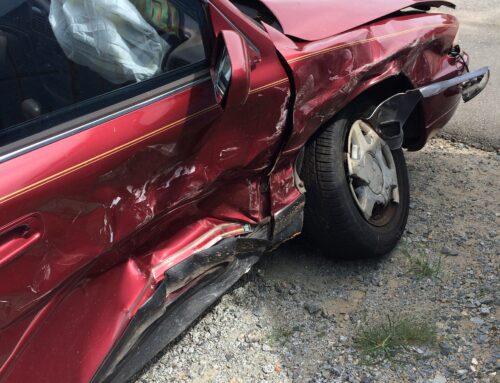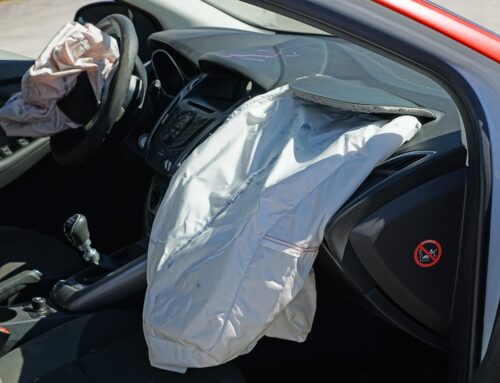When you apply for auto insurance, you will be asked many questions. From your date of birth to your marital status or your driving habits, each question is designed to help the insurance company determine the level of risk they will be assuming.
It may be tempting to tell a little white lie in order to keep your rates lower, but it is never a good idea to lie on a car insurance application. Even an honest mistake can turn out to be very costly in the future. Therefore, when applying for a new policy, it is imperative that you provide truthful and accurate information.
Car Insurance Application – Common Mistruths
- Daily Driving Habits: You drive 50 miles each way to work every day but claim that you only use the car to run errands in town.
- Who Drives the Car: You claim you are the only driver, yet routinely let your teenagers borrow the car.
- Where the Car is Parked: You park on the street but claim the car is parked in a garage, or you use your parent’s address for the application because they live in a sleepy little town.
In each of these cases, your rates will be lower because the insurance company believes there is less risk of an incident occurring than truly exists.
In some cases, you may not be lying but simply providing information to the best of your knowledge. Guessing about your annual mileage, your credit score, or even the exact model of your car seem harmless enough – but will immediately be found out by the insurance company and will result in higher rates.
Ramifications of Lying to your Insurance Company
The situations outlined above, although common and seemingly harmless, constitute insurance fraud. Although your auto insurance agent is not going to stalk you to find out if you are telling the truth, they will likely do an investigation if you make a claim which seems to be contrary to the information you provided. Insurance companies have their own investigators and also often work in partnership with law enforcement. As with any fraud investigation, they will look into your financial situation, any relevant legal documents, your posts on your social media accounts, and may even interview people in your life. It is surprisingly easy to determine if you lied.
In general, insurance companies have three basic ways to protect themselves if they determine that you lied on your car insurance application.
- Policy Cancellation
- Claim Denial
- Rate Increases
Suppose you lied (or even inadvertently provided false information) on your application. In that case, your insurance company is well within its rights to cancel your policy and refuse to pay any damages. Not only will this result in you paying for your own car repairs and medical expenses in the case of an accident, but for any damages of the other party if the court has determined you are liable. These costs could mount into hundreds of thousands of dollars and could be financially devastating.
Also, as with any fraud, there are legal consequences. From fines and community service to loss of license or even jail time – the ramifications of lying on a car insurance application may be far-reaching and simply not worth it.
Finally, if your auto insurance company cancels your policy due to fraud, every other insurance company will be able to see the record. This means that you will have a very difficult time getting alternate insurance or may pay much higher rates.
If you feel that your Sarasota car insurance rates are too high and are tempted to “tell a little white lie” to keep rates lower, don’t do it. Instead, speak with the professional agents at Anderson & Associates Insurance Group. We can discuss policy options, extras, and plans to find the one that best fits your budget and ensure that you are covered should anything occur.










